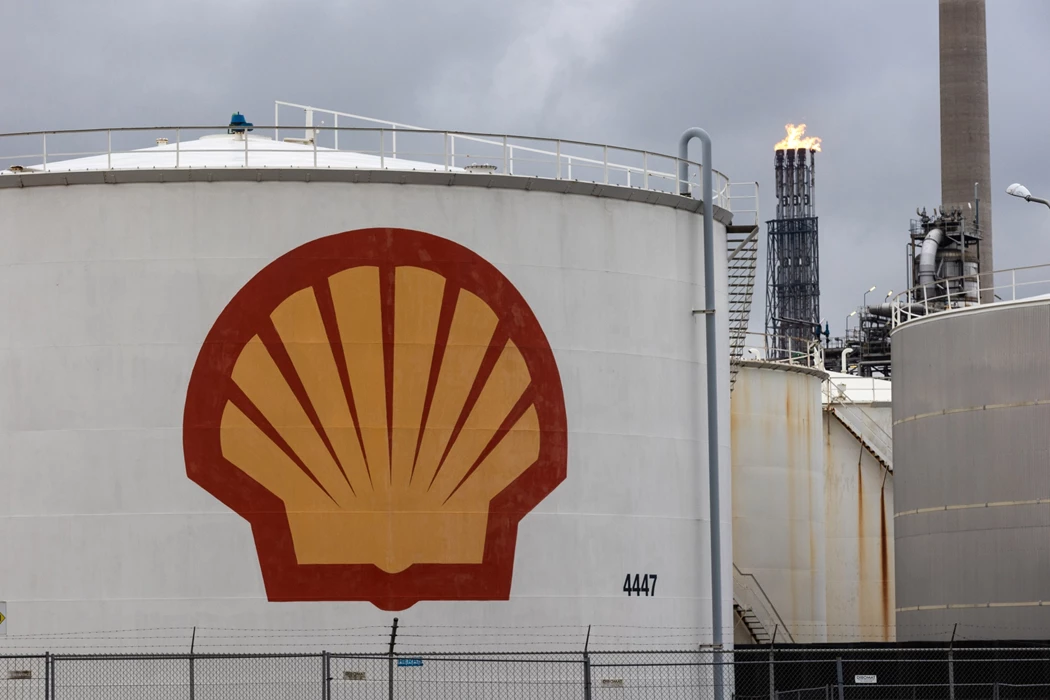Shell Weakens 2030 Emissions-Cut Target in Move Away From Clean Power
(Bloomberg) -- Shell Plc weakened its target for near-term carbon emissions cuts, while maintaining the ambition of becoming a net zero company by 2050.
The oil and gas giant now aims to reduce its net carbon intensity by 15% to 20% by 2030, compared with a previous target of 20%, according to its latest energy transition strategy update published on Thursday. It also dropped its goal of a 45% reduction by 2035. Those targets are measured against a baseline of emissions in 2016.
The change to the target comes as Shell moves away from supplying renewable power to homes, following the sale of its UK and German retail business last year. Reflecting this shift back to its core fuel business, the company introduced a new target to reduce customer emissions from the use of its oil products by 15% to 20% by 2030, compared with 2021 levels.
“Our focus on value has led to a strategic shift in our power business towards select markets and segments,” Chief Executive Officer Wael Sawan said in a statement. “We expect lower growth in sales of power overall. We have updated our net carbon intensity target to reflect that change.”
Shell’s shift is the latest sign of how European oil majors are adjusting their plans for the transition to net zero carbon emissions. BP Plc last year said it would pump more oil and gas and produce more emissions this decade than previously planned. Both companies have been under pressure from activist investors to focus more on their core petroleum businesses, which typically deliver higher returns.
Shell first unveiled its ambition to become a net zero company in 2020, under then-CEO Ben van Beurden. The company said at the time that it would eliminate all net emissions from its own operations and the bulk of greenhouse gases from the fuel it sells to customers by 2050.
A year later, Shell provided further details, mapping out the steps to reach net zero by mid-century. It also said it would revise its energy transition plan every three years and seek a non-binding, advisory vote on progress toward its targets every year.
Under Sawan, who took over from Van Beurden last year, Shell has pledged to reduce operating costs by as much as $3 billion by the end of 2025. It also plans to review its assets and drive up returns in a bid to narrow the valuation gap with US peers Exxon Mobil Corp. and Chevron Corp.
©2024 Bloomberg L.P.





